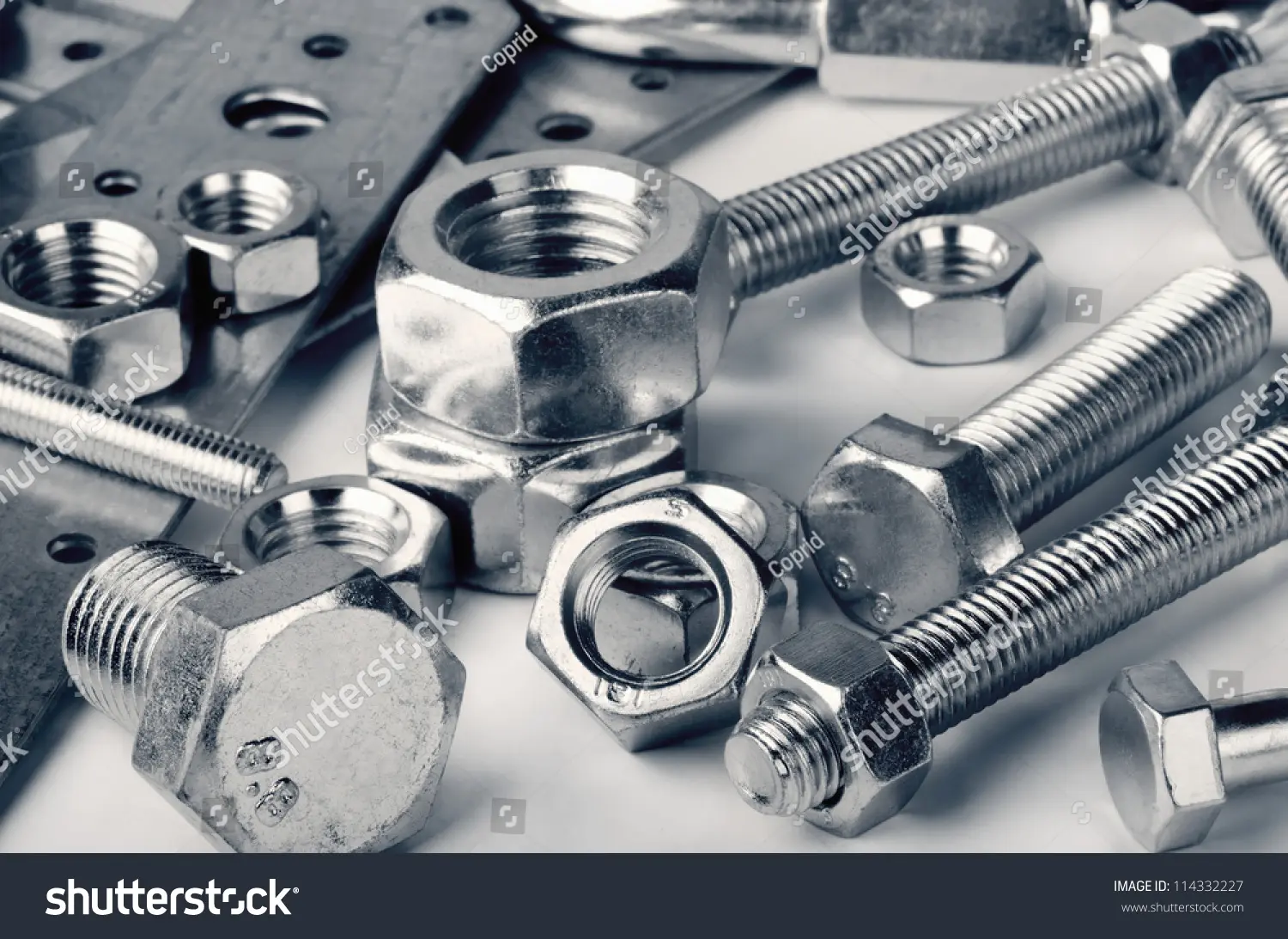Electric Vehicle
The electric vehicle (EV) sector is actively reshaping contemporary transportation paradigms, emphasizing environmental sustainability, operational energy efficiency, and advanced technological integration.
Diverging from conventional internal combustion engine vehicles, EVs are fundamentally reliant on battery systems, electric drive units, and sophisticated power electronics.
These critical constituents necessitate the deployment of lightweight materials, high-precision manufacturing techniques, and robust thermal management solutions. Induction heating is pivotal in this domain, facilitating clean, localized, and meticulously controllable heat for various manufacturing processes. Such applications encompass joining, assembly, and heat treatment, positioning induction heating as an optimal solution for the distinctive demands of EV production.

Induction Heating in Electric Vehicle Manufacturing
- Used in the assembly of:
- Battery modules and enclosures
- Busbars
- Motor insulation systems
- Benefits:
- Precise, rapid heating with no oven required
- Protects nearby temperature-sensitive materials
- Consistent results for structural adhesives
- Parts:
- Copper/aluminum battery tabs
- Busbar connections in battery packs
- Benefits:
- Localized heat avoids thermal damage to cells
- Repeatable joints with high conductivity
- Ideal for automation
- Processes:
- Shrink fitting of stators and rotors
- Heating motor casings for press-fit operations
- Benefits:
- Precise mechanical fits
- No lubricant or force required
- Reliable, vibration-free motor performance
- Parts:
- E-drive gears and shafts
- Power electronics housings (sometimes aluminum)
- Benefits:
- Wear resistance for high-speed EV gearing
- Controllable temperature ramps for sensitive alloys
- Parts:
- High-voltage cables
- Grounding straps
- Benefits:
- Strong, conductive joints
- Fast, repeatable processing
Benefits of Induction Heating for EVs
- Localized, precise heating: critical for sensitive electronics
- Clean and contactless: ideal for battery lines and sealed systems
- Automation-friendly: easy to integrate into robotic cells
- No open flame or emissions: aligns with sustainability goals